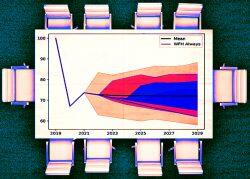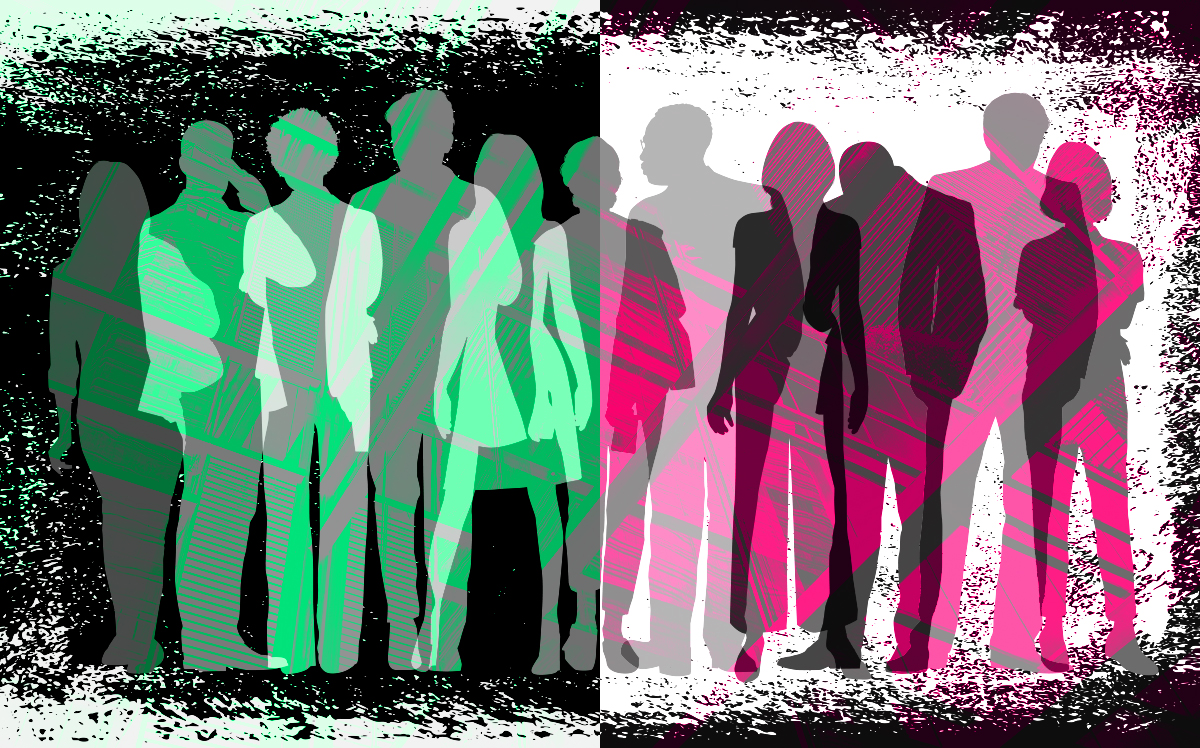With the return to office seemingly plateauing at about 50 percent occupancy, the long-term impact of remote work on New York’s office values looks even more dire than previously thought.
That’s according to an update from researchers at New York University and Columbia University, who revised a study they released last year measuring the effect of work-from-home on New York City’s office stock.
The update, published in May, now calculates that the city’s offices as a whole will lose 44 percent of their pre-pandemic value by 2029 — up from the estimated 28 percent when the authors first published the study a year ago.
“We now estimate a more persistent work-from-home regime, which has more of an impairment of office values even in the long run,” NYU’s Arpit Gupta, one of the authors, wrote in an email.
Even the most optimistic office evangelists have come to admit that remote work has proven more enduring than they expected.
“The hybrid work model has persisted far longer than I expected it to,” SL Green Realty CEO Marc Holliday acknowledged in December.
New York’s office buildings saw a notable uptick in physical occupancy after Labor Day last year, hitting nearly 47 percent. But that seems to have been somewhat of a ceiling. As of May, occupancy was slightly higher than 48 percent.
(For its occupancy figures, the NYU/Columbia study used data from the entry-swipe company Kastle Systems, which some have criticized as an incomplete measurement because it misses some large office portfolios with high occupancy rates.)
The authors found that companies that make little use of their office space are declining to renew leases or moving forward with only a portion of their space. They point to data from Cushman & Wakefield that show just shy of 78 percent of Manhattan’s office stock was contractually leased in the fourth quarter — a 30-year low.
Read more



Remote work is “shaping up to massively disrupt” office values, the authors wrote.
“Firms appear to demand substantially less office space when they adopt hybrid and remote work practices,” the authors wrote of their findings. “Such practices appear to be persistent.”
